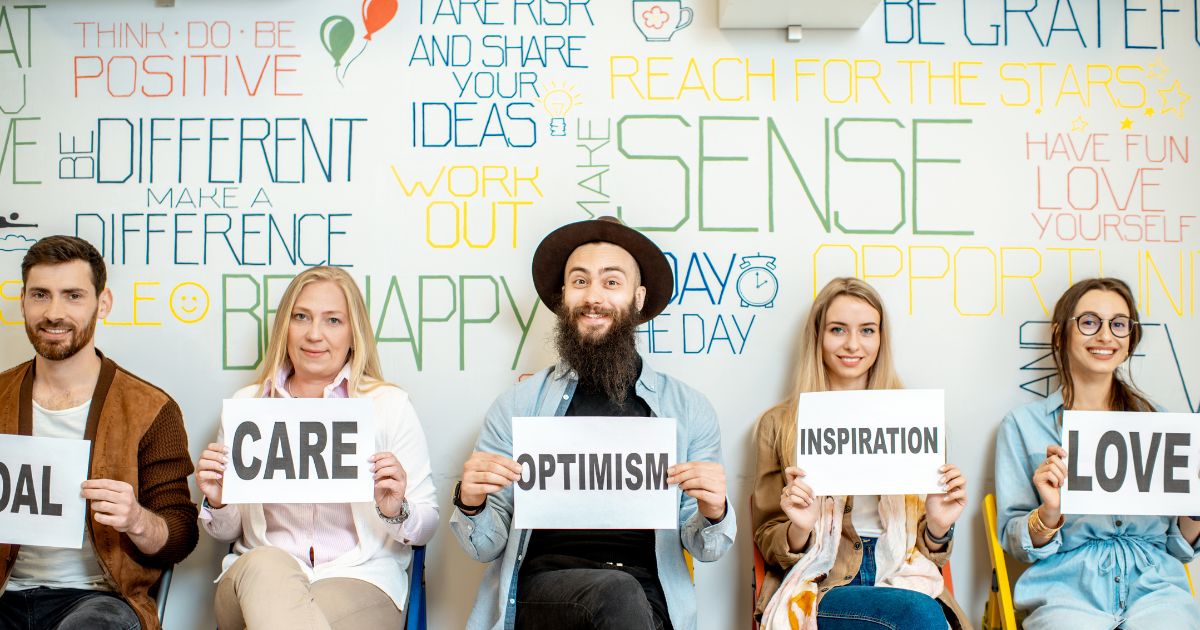Volunteering, a cornerstone of community support and personal growth, serves as a powerful bridge connecting the act of giving to the enhancement of mental health. This two-way street not only aids those in need but also offers a plethora of psychological benefits to the volunteer. By delving into the essence of volunteering and its profound impact on mental well-being, we uncover how this selfless act is a key ingredient to fostering a healthier, more connected society.
The Essence of Volunteering and Its Impact on Mental Health
At its core, volunteering embodies the selfless giving of one’s time, skills, and energy towards causes or individuals outside oneself. This altruistic engagement goes beyond mere participation; it is an active commitment to making a difference in the lives of others and the community at large. Yet, the act of volunteering harbors a reciprocal nature, offering deep psychological rewards to those who give their time freely.
Research consistently highlights volunteering as a potent catalyst for improving mental health, with benefits spanning from enhanced life satisfaction to reduced symptoms of depression and anxiety. Engaging in volunteer work fosters a sense of belonging, connecting individuals to their communities and to each other through shared goals and mutual support. This connection is crucial, as it weaves a fabric of social support that is fundamental to emotional resilience and mental health.
Volunteering: A Pathway to Psychological Enrichment
The psychological benefits of volunteering are multifaceted, touching on various aspects of mental and emotional well-being:
- Enhanced Life Satisfaction: Volunteering offers a profound sense of fulfillment, stemming from the knowledge that one’s actions have a positive impact on others and the community. This sense of purpose can significantly boost overall life satisfaction, providing a clear answer to the quest for meaning in one’s life.
- Reduced Stress and Improved Mental Health: The act of helping others has been shown to reduce stress and combat the symptoms of depression and anxiety. It creates a positive feedback loop of emotional well-being, where the act of giving translates into improved mental health for the giver
- Increased Social Connectivity: Volunteering opens doors to new friendships and strengthens existing relationships, building a network of social support. This increased connectivity not only combats loneliness but also enriches one’s social life, providing avenues for personal growth and emotional support
- Boosted Self-esteem and Confidence: The accomplishments achieved through volunteer work can significantly enhance self-esteem and confidence. Recognizing one’s ability to contribute meaningfully to society reinforces self-worth and fosters a positive self-image.
The Universal Appeal of Volunteering
It transcends age, background, and life stages, offering benefits to all who participate. Young adults find in volunteering a platform for skill development and career exploration, while older adults may discover new purposes post-retirement, staying active and connected within their communities. Moreover, the advent of remote volunteering has made it possible for individuals to contribute to causes they care about from anywhere, further broadening the scope and appeal of volunteer work.
Conclusion
The psychological benefits of volunteering are undeniable, with a wealth of research supporting its positive impact on mental health and community well-being. As we navigate the complexities of modern life, volunteering emerges not only as a means to help others but as a vital component of personal and communal health. For those inspired to embark on this rewarding journey, resources like VolunteerMatch.org provide a gateway to finding local volunteering opportunities, connecting individuals with causes that resonate with their passions and values.
In sum, volunteering stands as a testament to the power of altruism, proving that in the act of giving, we receive much more than we give. It is a beacon of hope, healing, and connection in a world that deeply needs all three.
